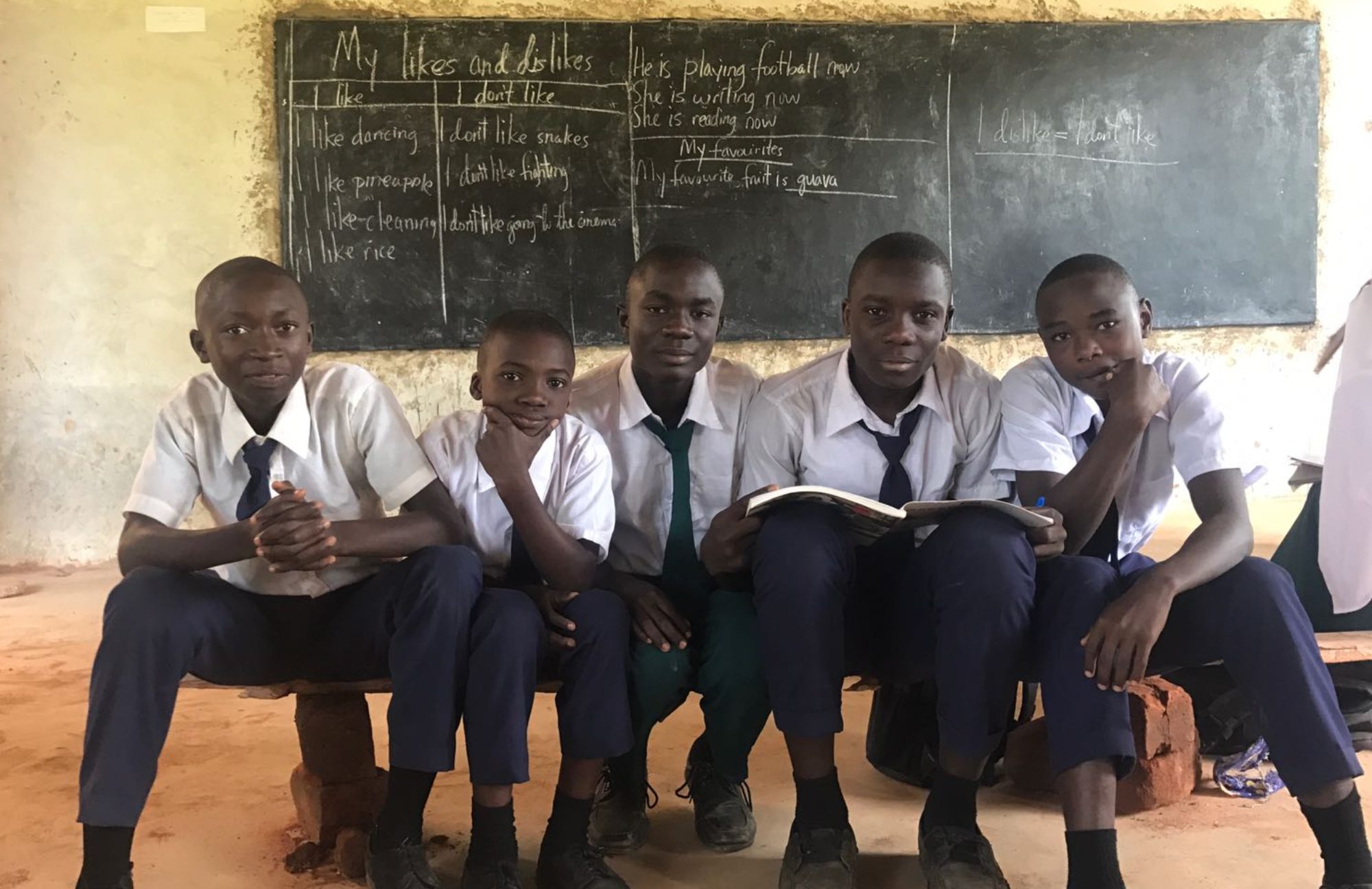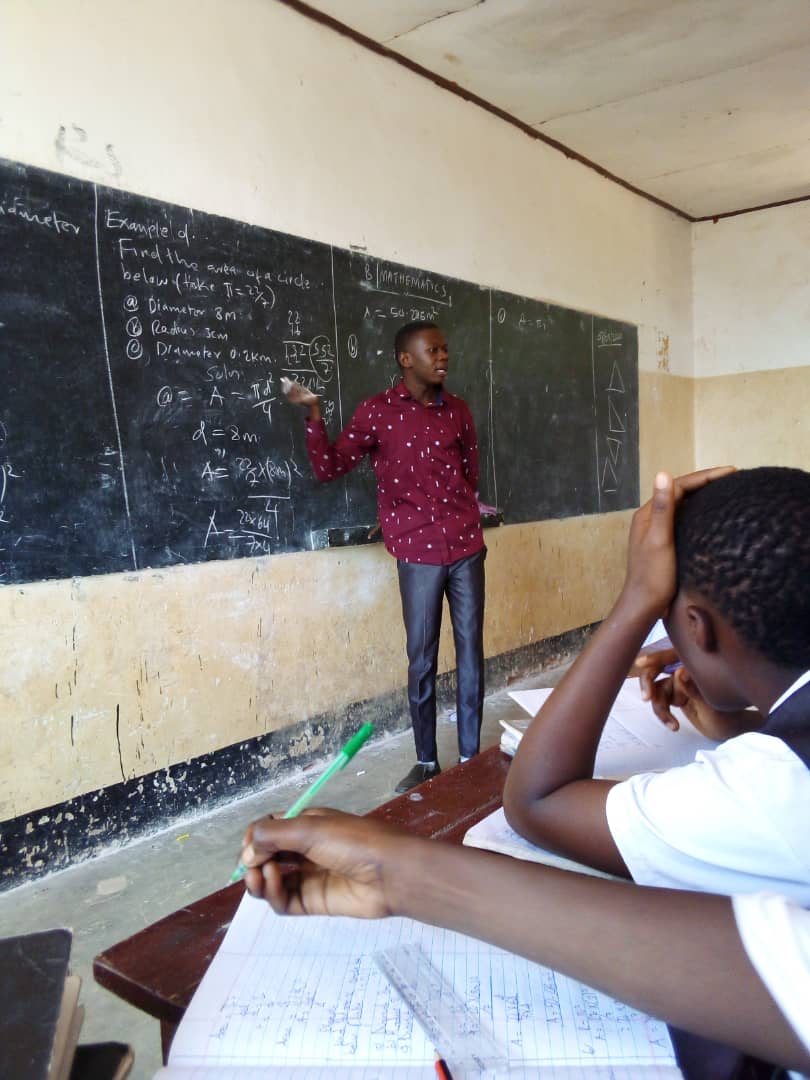Summer is winding down, and in the U.S., students are heading back to school! In Tanzania, our students will also be returning to their university programs in the coming months. With this return to school, Project Wezesha faces a new batch of tuition bills. We’d love your continued support – a contribution toward the continuing education of the young men in our program: 2nd year university students: Lameck, Yohanna and Elias; 3rd year university students: Hamisi & Mayani; and, 4th year university student: Simoni. The average cost for one year of university for these young men is $1700 each.
We would love to find sponsors for these young men to ensure their costs are covered completely. One idea we’d like to present is “funding families” – small groups of friends, family, neighbors, or colleagues who collectively commit to raising $1700 to cover the costs of one student. If you’d like to create a “funding family” and sponsor one student, email us and we’ll help you get the information you need to share with your community and raise the money. We can provide images, stories, reports, and more about the young man you’ll be supporting. Email us today to get started: projectwezeshatz@gmail.com
We can assure you that there will be a profound impact from your investment. We have only seen positive outcomes since we began our scholarship program in 2009. Here are some inspirational updates we received this month from some current and former students: Lameck, Sospeter, and Dibeit.
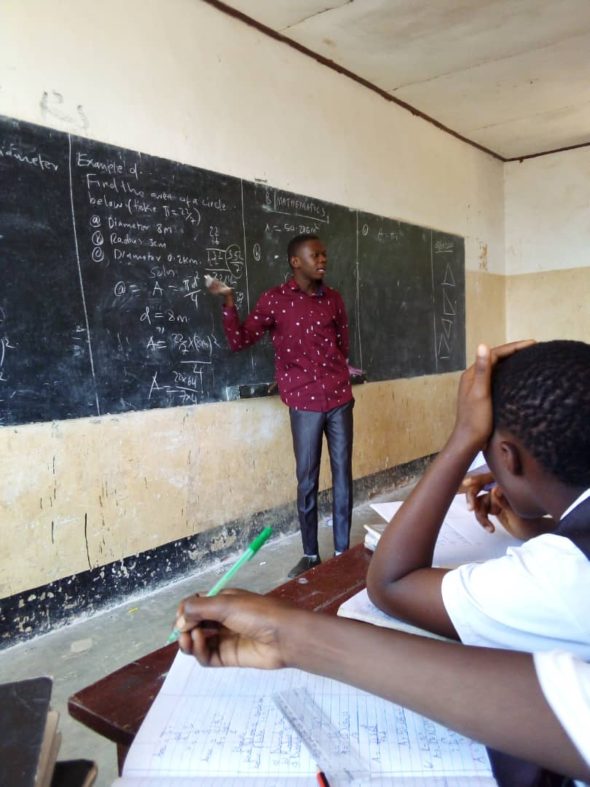
Lameck
Lameck is beginning his second year at the University of Dar es Salaam. He is pursuing a degree in Education with a focus on Math and Physics. He recently completed a teaching practicum experience where he taught Form One (first year) students in a Basic Math class at Mwananchi Secondary School. The focus of his 80-minute lesson was determining the area of a circle and discussing applications of this math concept in the real world. Lameck recounts in his What’s App message to us that the students were attentively listening and taking notes, bravely offering responses to questions, and collectively solving problems he presented to them. We’re delighted to see Lameck assuming this teaching role eagerly and with confidence!
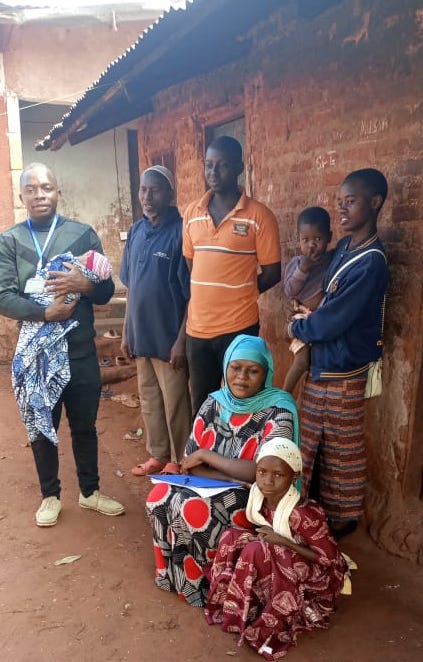
Sospeter
Sospeter finished his schooling this year, earning a degree in clinical medicine from Sumbawanga Clinical Officers Training Center in Dodoma. He recently shared pictures and a report on visits he conducted with another care provider, Dr. Ramadhan, to Bangwe village. During the visits, they provided educational sessions to the community related to infant and child healthcare and wellbeing. They also provided information to ensure women have healthy pregnancies. These sessions included raising awareness about various aspects of the local environment that contribute to healthy outcomes (e.g., water, nutrition, minimizing smoke when cooking, etc.). Sospeter is learning from professionals in the field who are serving as his mentors and trainers. As he gains more experience, he’ll be able to conduct such sessions on his own.
Dibeit
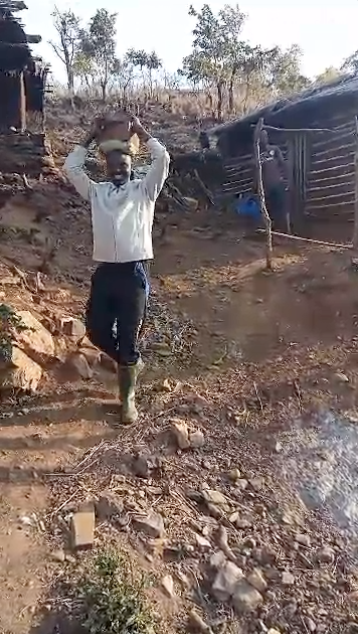
One of our very first university graduates was Dibeit, who pursued a medical degree. Dibeit has been employed by a number of private hospitals in the years since his graduation. Most recently, he has been working for a private hospital in Mpanda – a town in the Kigoma Region of Western Tanzania. Below, Dibeit recounts his plan to open a health clinic in a rural community he knows, where access to healthcare is very limited.
“The best way to practice medicine is either to employ yourself or work part time for a small salary. I lived in a [rural community] on Lake Tanganyika for about 1 year and I found that this place has more than 300 settlements, but no medical or health care services. I witnessed one child lose his life due to diarrhea and malaria. Some community members reach the hospital already in a coma due lack of primary care before the journey. It takes about 3 to 5 hours by boat to reach a hospital, so I have decided to open a small pharmacy and laboratory to ensure availability of health services and help patients arrive at the hospital in a comfortable condition, with some preventative care before beginning the long journey. For now, this is an opportunity for me to employ myself while I make plans to open a larger clinic.”
In the picture, you see Dibeit working on the construction of his laboratory – carrying materials one stone at a time and working diligently to make a difference. This has always been Dibeit’s nature – to make the world a better place through a focus on access to healthcare and education. This young man’s love for community and commitment to positive change has always guided him, and inspired us!
Reflecting on Dibeit’s plan and service, Lucas said, “This is an excellent plan. And indeed it signifies that what we have invested in Dibeit is worthy since he will manage to open a laboratory where patients will receive a diagnosis of health issues as well as care. This is fantastic and we are really proud of such wonderful efforts.”
We know there are many causes that you could invest in, both locally and globally. There are wildfires, droughts, individuals suffering from accidents and illness, animals enduring abuse, and much more. Donating today to support the work of Project Wezesha isn’t equivalent to responding to disaster or tragedy. On the other hand, you are contributing to the building of foundational knowledge, skills, and dispositions that will shape the character and fuel the ambition of young Tanzanians who will make a difference in their local communities – with ripple effects that will span their country, and perhaps beyond!
Please share these stories and see if you can find friends and family who would like to be part of an education movement!
Thank you for your continued support and helping us strive toward our mission of increasing access to education for young global citizens living in remote regions of Tanzania.
Read more project reports here.
